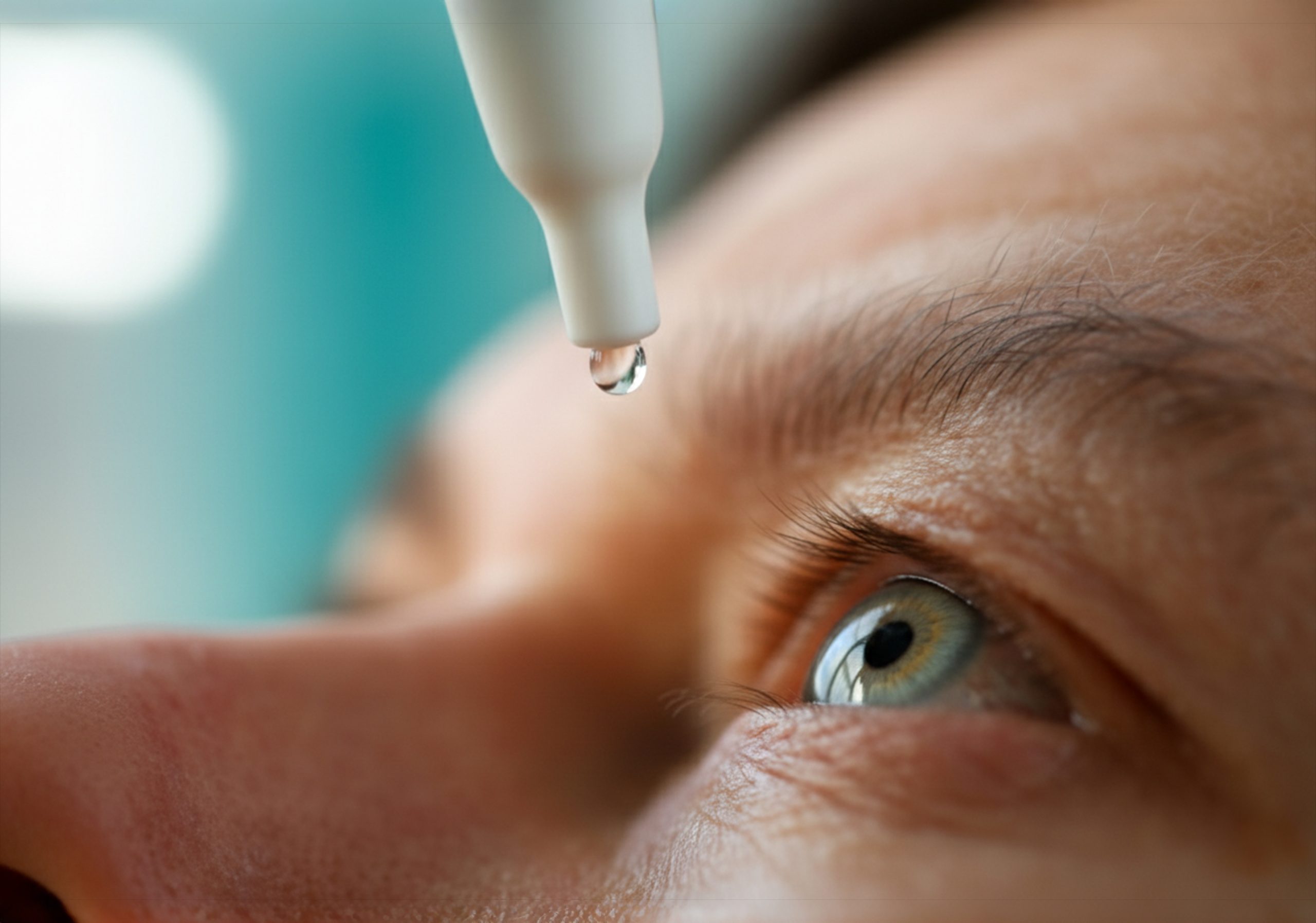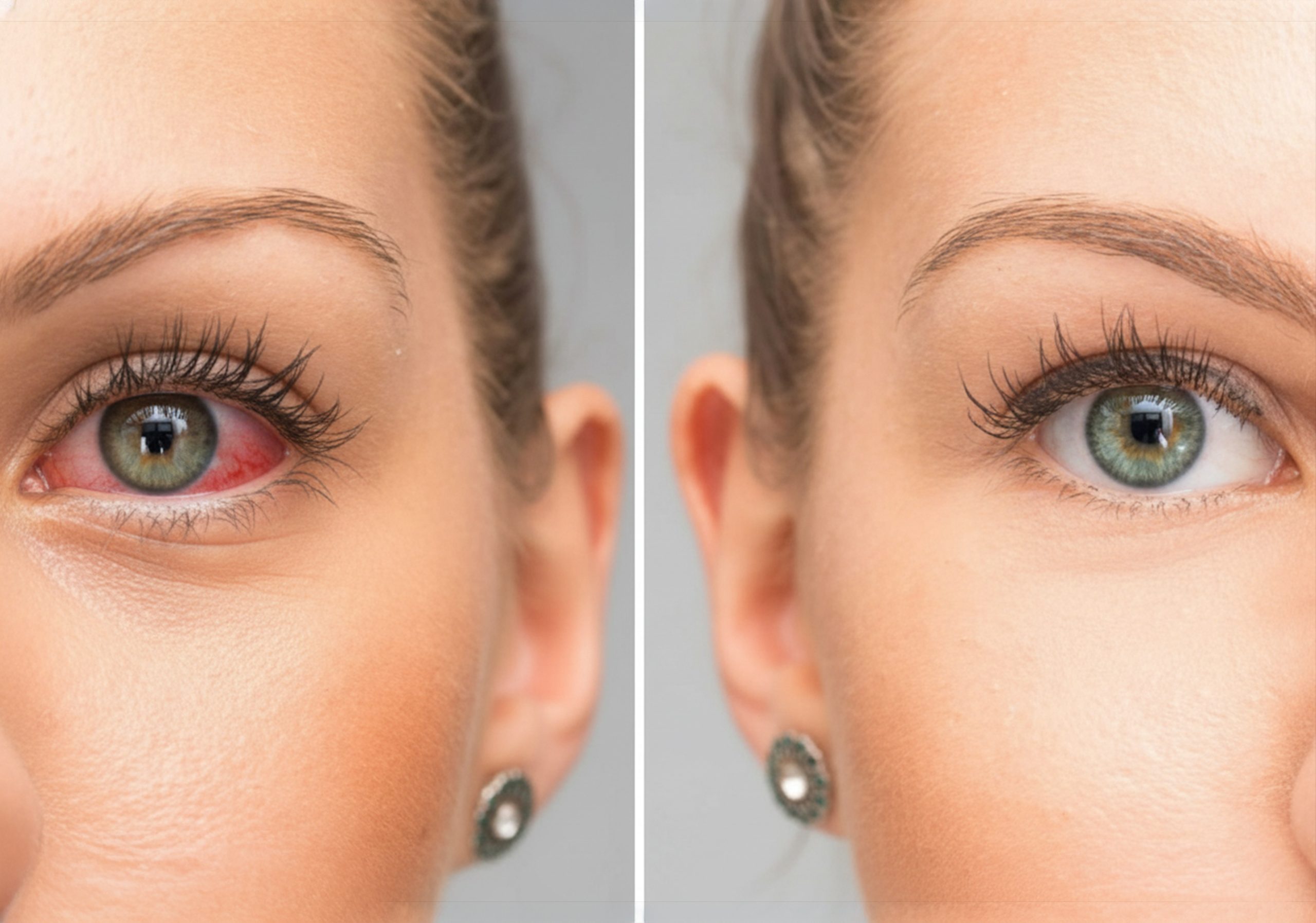Polycystic Ovary Syndrome (PCOS) is one of the most common hormonal disorders affecting women of reproductive age — yet many women do not realize its strong connection to metabolism, insulin levels, and weight management. PCOS is not just a menstrual or reproductive condition; it is closely linked to the body’s ability to process sugar and regulate hormones such as insulin, estrogen, and testosterone.
At Burjeel Specialty Hospital, Sharjah, our expert gynecologists support patients with personalized treatment plans to balance hormones, improve metabolic function, and achieve healthier long-term outcomes.
Understanding PCOS and Metabolism
PCOS alters the way the body uses energy. In many women with PCOS, the body becomes less responsive to insulin — a hormone that controls blood sugar. As a result, the pancreas produces even more insulin to compensate.
Over time, this leads to insulin resistance, which plays a major role in:
- Weight gain and difficulty losing weight
- Increased hunger and cravings
- Fat storage around the abdomen
- Acne and oily skin
- Irregular menstrual cycles
- Increased facial and body hair growth
Understanding this metabolic connection is key to managing PCOS successfully.
What Is Insulin Resistance in PCOS?
Insulin resistance occurs when the body’s cells do not respond effectively to insulin, causing glucose (sugar) to remain in the bloodstream rather than being used for energy. The resulting high insulin levels worsen hormonal imbalance and trigger increased production of androgens (male hormones), contributing to symptoms such as:
- Acne
- Excessive hair growth
- Irregular ovulation
- Weight gain
Addressing insulin resistance is therefore essential for long-term PCOS management — not just weight loss.
Why Weight Management is Difficult in PCOS
Weight gain in PCOS is not due to lack of effort — it is caused by biological and hormonal factors. Higher insulin levels make the body store fat more easily, especially in the abdominal area. This slows metabolism and makes calorie burning less efficient.
Many women with PCOS report that traditional dieting and exercise do not produce results unless insulin resistance is treated at the root.
Effective Strategies to Manage PCOS, Insulin Resistance, and Weight
At Burjeel Specialty Hospital, Sharjah, treatment plans are personalized because each woman’s PCOS experience is unique. Management may include:
1. Nutrition for Insulin Control
A specialized diet plan can reduce blood sugar fluctuations and improve metabolic health. Beneficial approaches include:
- Low-glycemic and balanced-carbohydrate meals
- High-fiber vegetables and whole grains
- Lean proteins and healthy fats
- Avoiding sugar-laden foods and highly processed carbohydrates
2. Medical Support
Depending on symptoms and hormone levels, treatment may include:
- Insulin-sensitizing medications (e.g., Metformin)
- Ovulation-support therapy for fertility
- Hormonal therapy for menstrual regulation
- Supplements such as Vitamin D and Omega-3, when required
3. Exercise and Physical Activity
Exercise increases insulin sensitivity and supports weight management. Both strength training and cardio are beneficial for improving metabolism.
4. Sleep and Stress Management
Poor sleep and chronic stress can increase cortisol and worsen insulin resistance. Lifestyle guidance is often crucial in PCOS care.
5. Long-Term Monitoring
Regular follow-ups help track improvements in:
- Hormonal balance
- Weight and metabolic markers
- Menstrual cycle regularity
- Energy and emotional well-being
Meet Our Expert Gynecology Specialists
Expert support is essential for managing PCOS and insulin resistance successfully. At Burjeel Specialty Hospital, Sharjah, our experienced team offers evidence-based treatments and complete metabolic evaluations:

Dr. Rabia Bashir Natash
Specialist Obstetrician & Gynecologist, Laparoscopic & Hysteroscopic Surgeon

Dr. Zarqa Noreen Shah
Specialist Obstetrics & Gynecology
Both specialists provide holistic care for PCOS, metabolic concerns, fertility issues, menstrual irregularities, hormonal imbalance, and long-term reproductive health.
FAQ
1. What is the link between PCOS and insulin resistance?
Insulin resistance is common in women with PCOS and makes it harder for the body to process glucose. This increases insulin levels, which worsens hormonal imbalance and weight gain.
2. Why is weight loss difficult with PCOS?
Higher insulin levels promote fat storage and slow metabolism, making weight loss more challenging unless insulin resistance is treated.
3. Can PCOS be managed without medication?
Lifestyle changes such as diet, exercise, and stress management help significantly, but many women need medical treatment to address hormonal and metabolic imbalances.
4. Does treating insulin resistance improve PCOS symptoms?
Yes. Improving insulin sensitivity can support weight loss, regulate menstrual cycles, enhance ovulation, reduce acne and hair growth, and improve energy.
5. Who treats PCOS in Sharjah?
Women can receive specialized PCOS and hormonal care at Burjeel Specialty Hospital, Sharjah with Dr. Rabia Bashir Natash and Dr. Zarqa Noreen Shah.
Take Control of PCOS — You Don’t Have to Manage It Alone
PCOS is a long-term condition — but with the right treatment plan, women can achieve hormonal balance, stable weight, regular cycles, and better quality of life.
Book a consultation at Burjeel Specialty Hospital, Sharjah and begin your personalized journey toward improved metabolic and hormonal health.




























